
Eight researchers across York University will join the York Research Chairs (YRC) program – the University’s internal counterpart to the national Canada Research Chairs (CRC) program which recognizes outstanding researchers.
These YRCs belong to the ninth cohort of researchers to be appointed since the establishment of the program in 2015. These YRCs’ terms run for five years.
“The York Research Chairs program is an important component of institutional supports for research, reflecting our commitment to addressing complex global issues and driving positive change in our local and global communities,” said President and Vice-Chancellor Rhonda Lenton. “This year’s YRCs have made important contributions in their fields, and their future work promises to augment our understanding of societal challenges, including public health and rising threats to democracy. I want to congratulate all our YRCs and thank them for their continued dedication to research excellence.”
The YRC program seeks to build research recognition and capacity, with excellence in research, scholarship and associated creative activity serving as selection criteria.
“This program mirrors the federal CRC program to broaden and deepen the impact of research chairs at York in building and intensifying world-renowned research across the institution. These new YRCs are undertaking visionary work that has local, national and international impact,” said Vice-President Research & Innovation Amir Asif.
The YRC program consists of two tiers. Tier 1 is open to established research leaders at the rank of full professor. Tier 2 is aimed at emerging research leaders within 15 years of their first academic appointment.
Tier 1 York Research Chairs
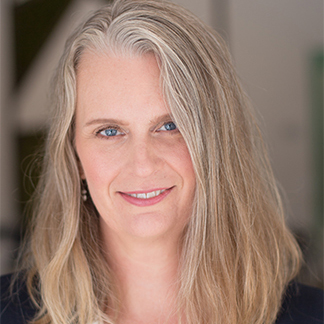
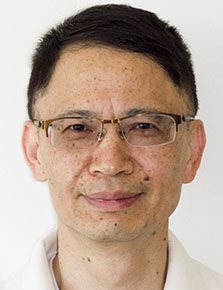
Jianhong Wu
York Research Chair in Industrial and Applied Mathematics
Jianhong Wu, Faculty of Science, is an expert in dynamical systems, disease modelling and vaccine evaluation. His YRC program aims, in part, to understand biological and physical systems wherein predation occurs. The research will contribute to the University’s growing capacities in disaster and emergency management and in AI research.
Tier 2 York Research Chairs
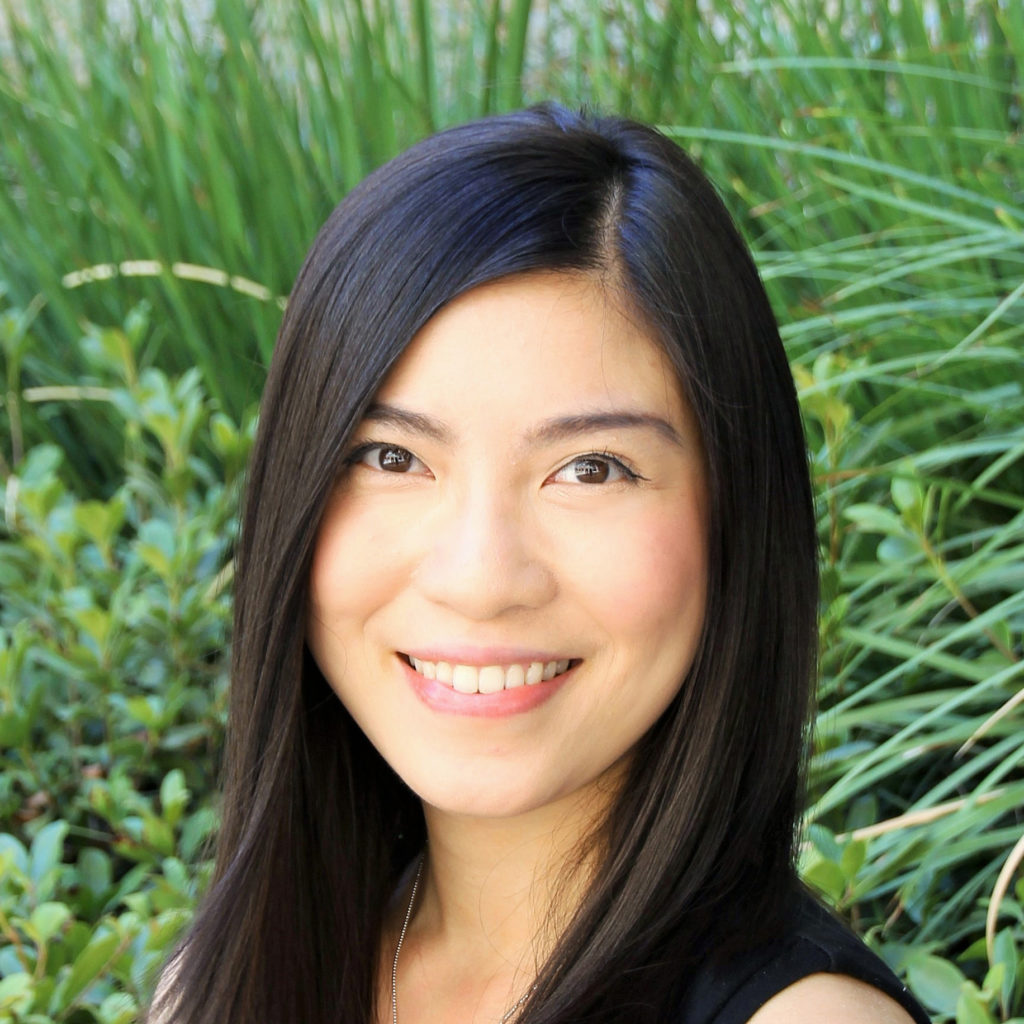
Joey Cheng
York Research Chair in Leadership, Collaboration and Teams
Joey Cheng, Faculty of Health, examines the psychological underpinnings of power, status and social hierarchy. During her YRC term, she will conduct empirical investigations into gender disparities in power and leadership, thereby addressing ways to overcome barriers to women’s position in work teams, organizations, and society.
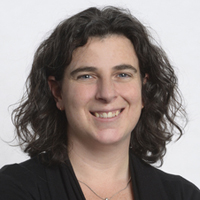
Jane Heffernan
York Research Chair in Mathematics of Immunity and Infectious Disease
Jane Heffernan, Faculty of Science, has a body of work in the field of infectious disease modelling. In her YRC research program, Heffernan will develop models of immunity against infection – both in individuals and in populations – which can be used to quantify distributions of immunity and its protective effects. Ultimately, the results of the work will serve to inform public health decision-making for mitigation and vaccination policies to combat infectious diseases, with particular emphasis on COVID-19 and influenza.
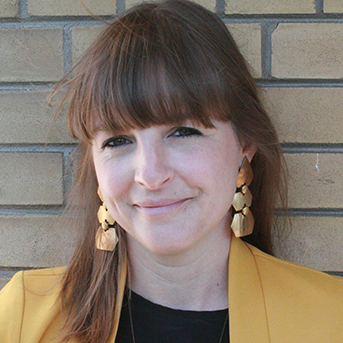
Emily Laxer
York Research Chair in Populism, Rights, and Legality
Emily Laxer, Glendon Campus, will undertake research that promises to shed much-needed light on the relationship between emerging right-wing populism and the changing landscape of rights and legality in Canada. Her activities will include the launching of a new Observatory of Populism, Rights, and Legality – a major innovation that will position the University as an international hub connecting researchers with policymakers and advocacy groups concerned with understanding the legal implications of right-wing populism in Canada and beyond.
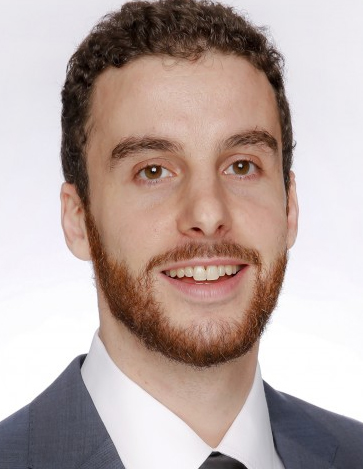
Adam Diamant
York Research Chair in Managing AI-Driven Technologies in Health Care
Adam Diamant, Schulich School of Business, uses sophisticated analytics techniques to study and develop new operational processes in health care management. During his YRC term, Diamant will work towards the development of artificial intelligence tools that support the optimization of personalized diagnostics and the delivery of outpatient services. This work promises to improve the delivery of health services by better understanding the interplay between operational efficiency and care quality, reducing barriers to accessing care and empowering practitioners to make data-driven administrative decisions.

Shital Desai
York Research Chair in Accessible Interaction Design
Shital Desai, design department in the School of the Arts, Media, Performance & Design, pursues UN Sustainable Development Goals (SDGs) through design research methods such as human centred design, systems design and speculative design. Her YRC research will undertake codesign and development efforts with people with dementia, caregivers, health care practitioners and community partners. Using a Research through Design (RtD) process, this program will drive pivotal real-world advances in interactive prompting, with a view to the eventual development of whole new assistive/prompting systems.
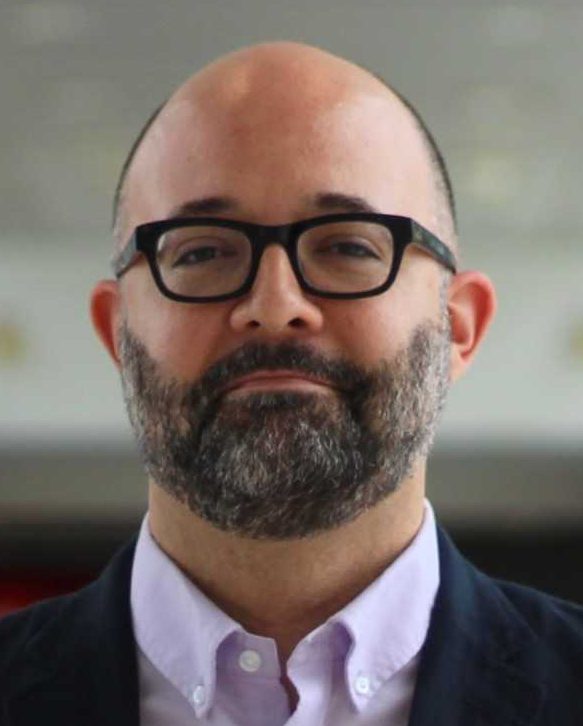
Adrian Viens
York Research Chair in Population Health Ethics and Law
Adrian Viens, Faculty of Health, has gained an international reputation for his work on the structural and collective forces that determine population health. He is building an innovative research program that will support investigations into how we can extend and refine the law’s capacity to promote health and well-being and reduce health inequities at the population level. This research program will deepen knowledge and generate policy-relevant findings to address some of the world’s most pressing challenges, which came to the fore during the COVID-19 pandemic.
